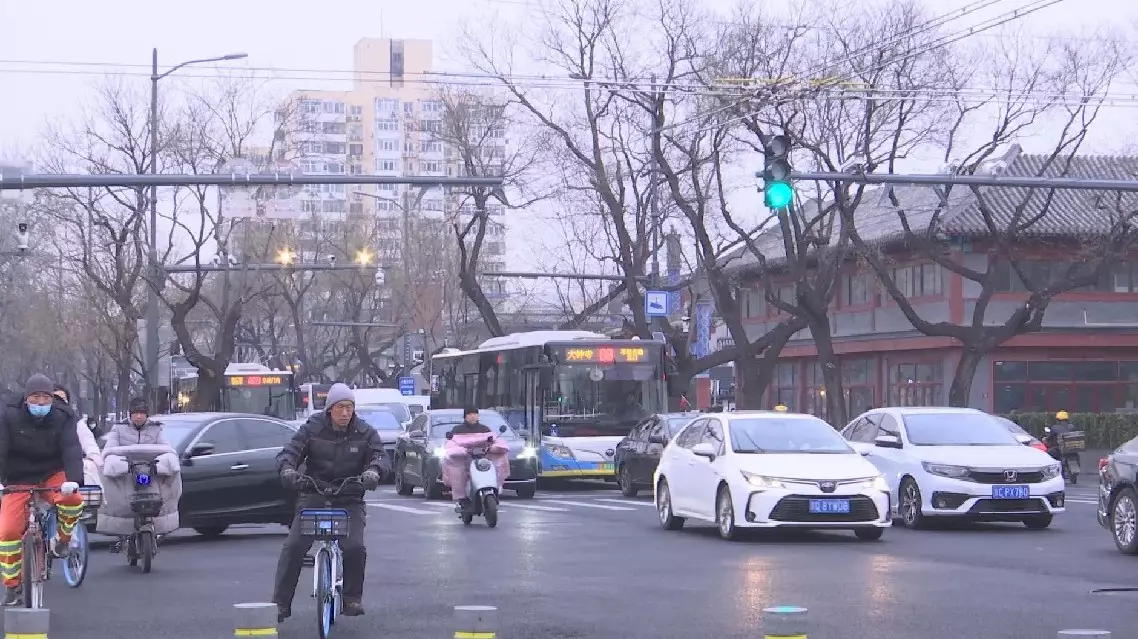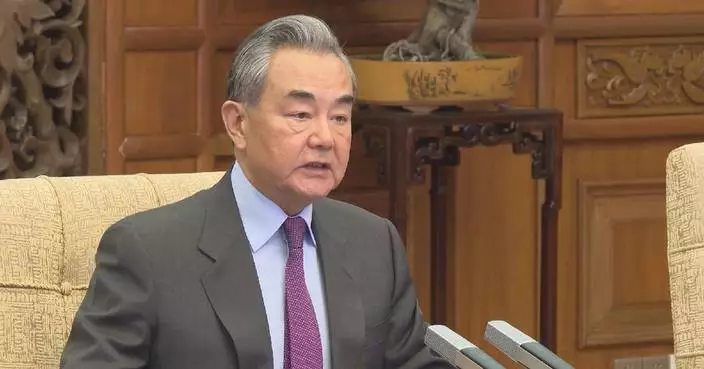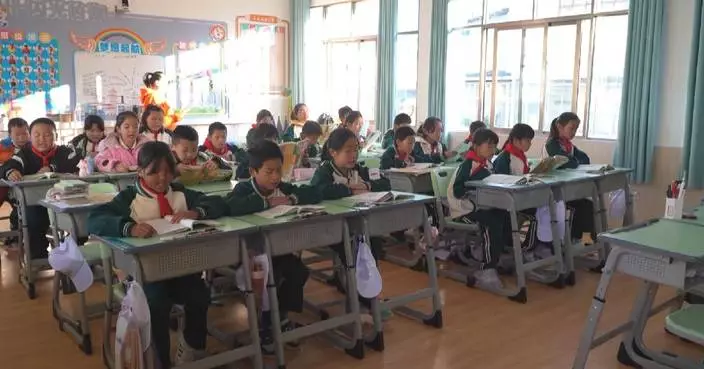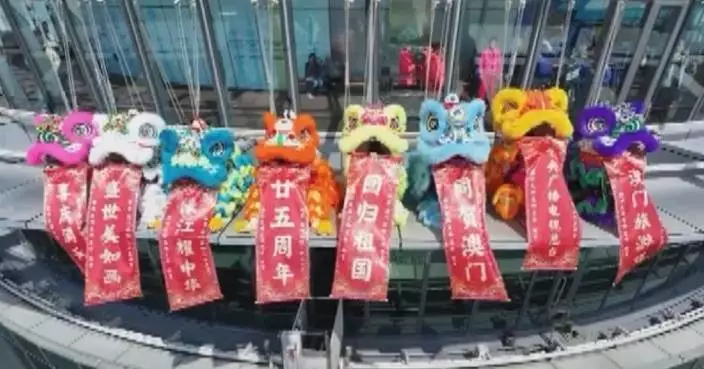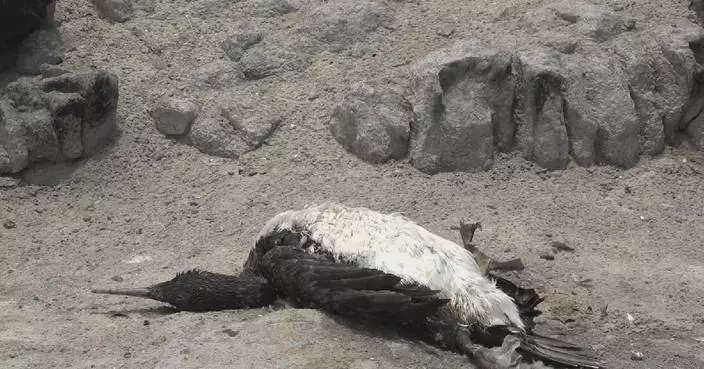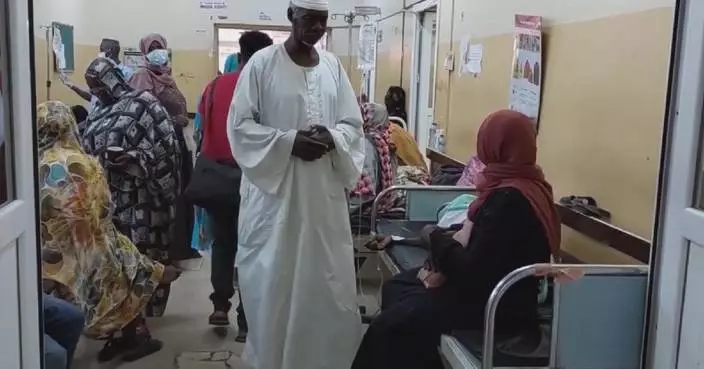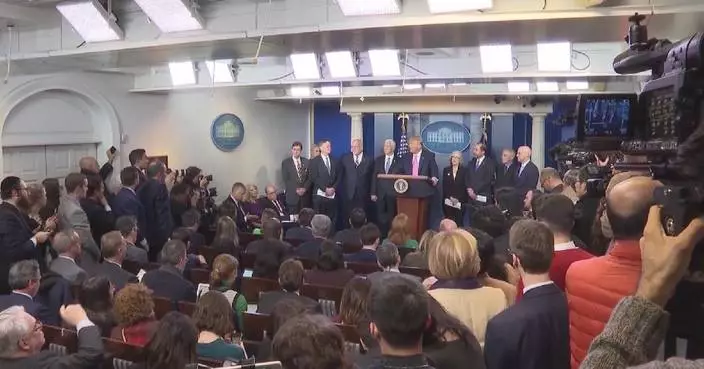China's Macao Special Administrative Region (SAR) offers "immense" opportunities for entrepreneurs and startups as the region serves as a bridge connecting China with the rest of the world, a Macao business insider said on Sunday.
In an interview with the China Global Television Network (CGTN), Marco Duarte Rizzolio, president of the Association for Entrepreneurship and Innovation Macao - China and Portuguese Speaking Countries (AEIMCP), said that Macao has become a vibrant hub for international entrepreneurs. As a Portuguese entrepreneur who has worked in Macao for 11 years, Rizzolio has been deeply involved in fostering connections between startups from Portuguese-speaking countries and the Chinese market.
He also noted the huge economic potential which exists not just from a geographic perspective as Macao businesses can expand not only to the Greater Bay Area, but also to nine Portuguese-speaking countries, each with connections to larger markets in Europe, Latin America, and Africa.
"We thought it was very important to stimulate and to do cross-border connections between the Portuguese speaking countries' startup ecosystem with the Chinese ecosystem through Macao. Look, the opportunities are immense. We are in the Greater Bay Area region. So for the startups here, it is a very good laboratory to start here in Macao and then to spread over. Each one of them is connected to a larger market, right? Portugal with Europe, Brazil with Latin America, and Angola [and] Mozambique with Africa. But I think for Macao the opportunity here is really this connection with the outer world, being a bridge, being a platform," he said.
The AEIMCP is also a co-host of an entrepreneurial competition dubbed the '929 Challenge', which it organizes alongside the Permanent Secretariat of the Forum for Economic and Trade Co-operation between China and Portuguese-speaking Countries, and which puts a focus on developing startups.
"The '929', what it means is 9 + 2 + 9, so nine cities from the Greater Bay Area, two special administrative regions, which is Hong Kong and Macao, and nine Portuguese-speaking countries. It's a startup competition that really gives access to entrepreneurs to enter the Chinese market and also to Chinese entrepreneurs to enter the Portuguese-speaking countries market," said Rizzolio.
The competition invites teams from China and Portuguese-speaking countries present their ideas, with the finalists being selected to pitch their ideas to investors.
One of those to reach the final round is Yunchao Future Technology, a company which produces underwater robots, with this competitive platform giving them the chance to take their inventions to new markets.
"Through the 929 Challenge competition, our company has built a bridge of communication with Portuguese-speaking countries. This platform allows us to promote our robots to those markets. Winning the competition also gave us the opportunity to showcase our products in Angola next year," said Yang Tingzhi, a technician for the tech firm.
This year, China's central government put forward 20 measures to promote economic and trade cooperation between China and Portuguese-speaking countries, three of which support Macao as a platform linking the two sides.
These efforts allow Macao to take advantage of its unique position as a bridge between China and Portuguese-speaking countries, and maintain its reputation as a crucial hub linking East and West while pursuing innovative and diversified development.
"We live in a very accelerated world where you need to keep constantly evolving. You need to keep constantly innovating. This is why the importance of diversification and not being dependent too much on the casinos, on the gaming. It's a long cycle, but I'm sure this will happen and Macao has the potential to invest on this," said Rizzolio.
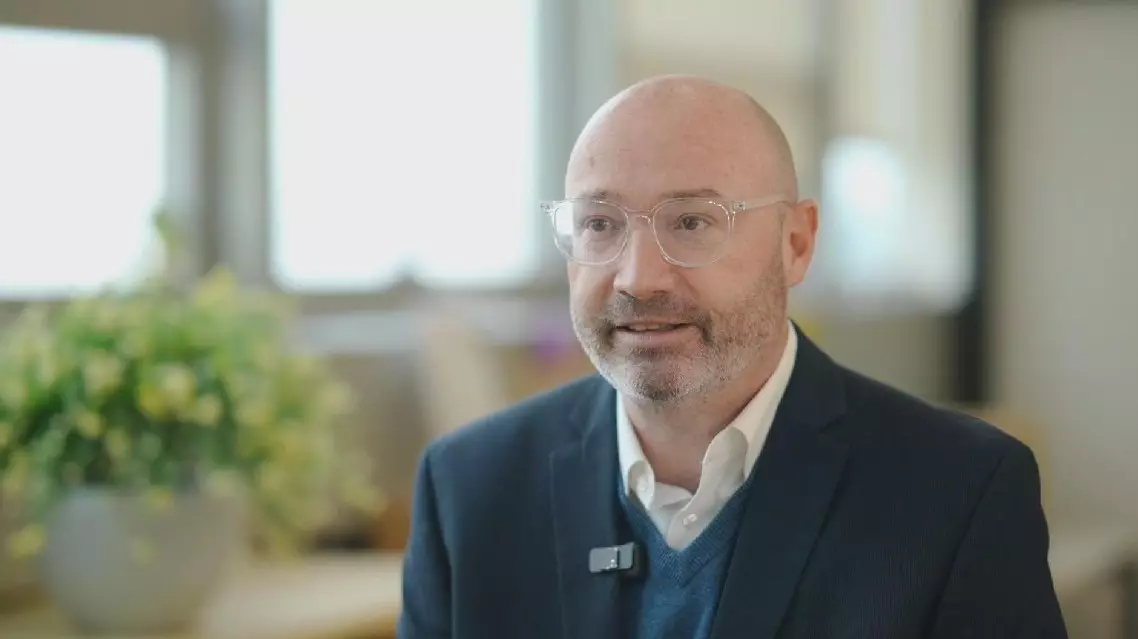
Macao connects China with Portuguese speaking countries: business insider


